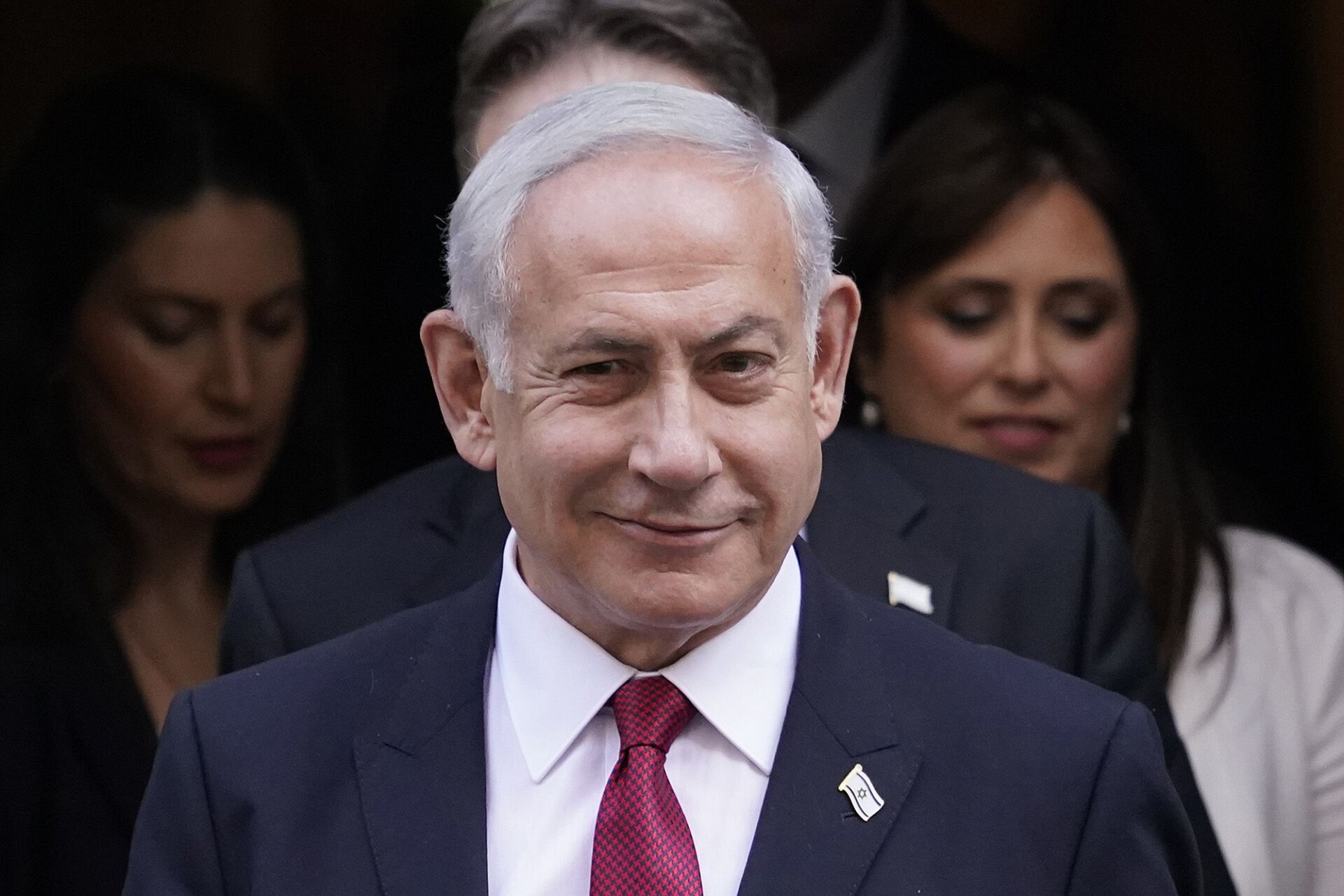In an unprecedented display of geopolitical maneuvering, the United States administration has launched what insiders are calling “Operation Justice Jam,” aiming to block the International Criminal Court’s (ICC) recent arrest warrants against Israeli Prime Minister Benjamin Netanyahu and several of his associates.
The ICC’s issuance of arrest warrants had sparked controversy, particularly from US political circles, prompting swift action from Washington. A White House official, speaking on condition of anonymity, described the operation as “a necessary measure to protect diplomatic alliances and strategic interests.”
“Justice is important, but so is maintaining stability in the region,” the official stated. “Netanyahu is a crucial ally in our efforts to navigate the complex geopolitical landscape of the Middle East.”
The operation reportedly involves a combination of diplomatic pressure and potential sanctions against the ICC, forcing the international body to reconsider its actions. While details remain undisclosed, insiders suggest the US administration is using “strategic persuasion” to secure a pause in the ICC’s proceedings.
Critics of the move have condemned it as blatant interference, questioning the administration’s commitment to upholding international law. “Justice Jam isn’t just about protecting Netanyahu,” said one analyst. “It’s about undermining the ICC’s ability to hold world leaders accountable, regardless of their political affiliations.”
Social media has been abuzz with reactions to the news, with one Twitter user remarking, “Justice Jam? More like a geopolitical traffic jam, with accountability stuck in the gridlock.”
In response to the backlash, the White House reiterated its stance on balancing justice and diplomacy. “Our administration believes in a fair and just world,” a spokesperson said. “But we also recognize the importance of preserving stability and alliances. It’s a delicate balance that requires nuanced strategy.”
The ICC, for its part, has issued a brief statement, reaffirming its mission to pursue justice impartially. “Our role is to hold individuals accountable, regardless of political pressures. We continue to work toward this goal without influence from any nation or administration.”
As the dust settles, questions linger about the future of international law enforcement and whether the ICC’s independence can withstand political maneuvering. Netanyahu and his associates might be safe for now, thanks to Washington’s intervention, but critics warn that the long-term implications for global justice remain uncertain.

